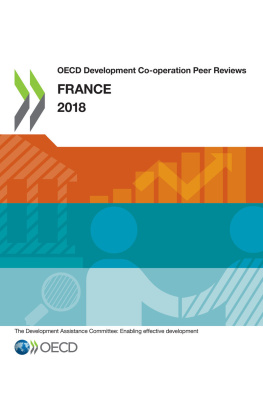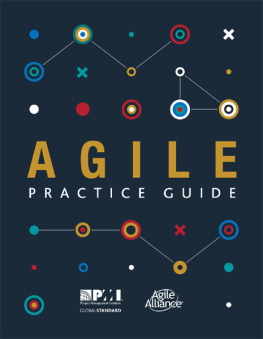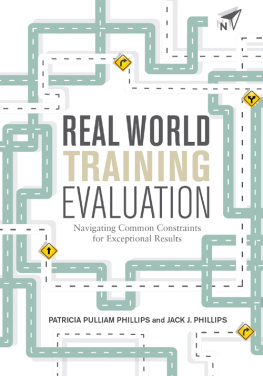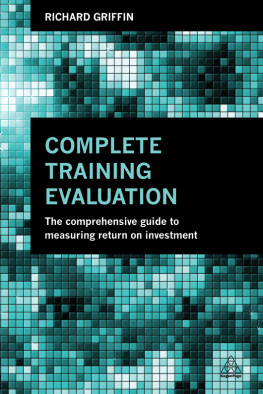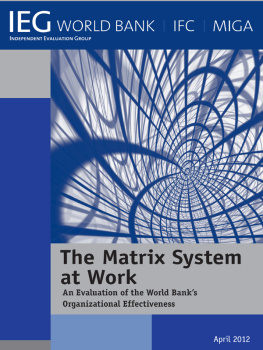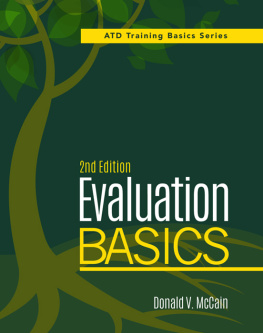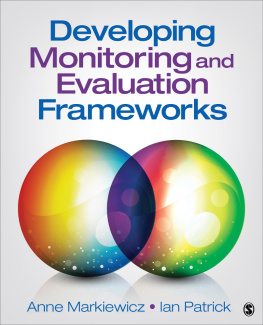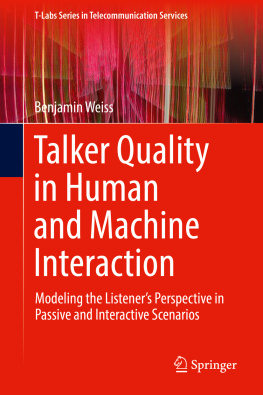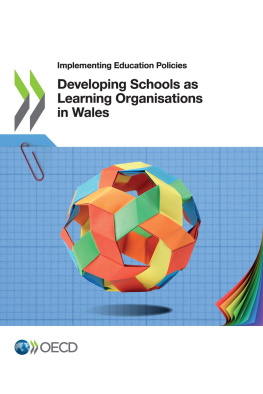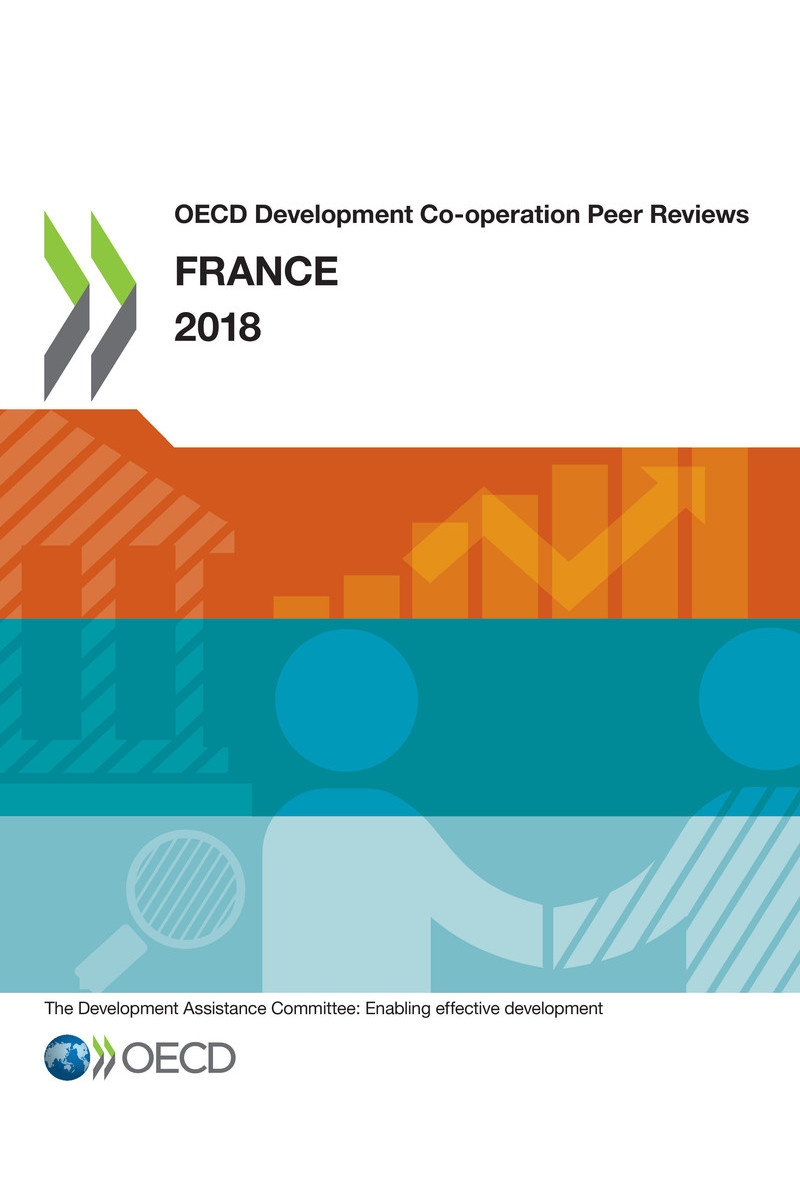OECD Development Co-operation Peer Reviews: France 2018
Please cite this publication as:
OECD (2018), OECD Development Co-operation Peer Reviews: France 2018 , OECD Publishing, Paris.
https://doi.org/10.1787/9789264302679-en
Metadata, Legal and Rights
ISBN: 978-92-64-30266-2 (print) - 978-92-64-30267-9 (pdf) - 978-92-64-30438-3 (HTML) - 978-92-64-30437-6 (epub)
DOI: https://doi.org/10.1787/9789264302679-en
Series: OECD Development Co-operation Peer Reviews
ISSN: 2309-7124 (print) - 2309-7132 (online)
This work is published under the responsibility of the Secretary-General of the OECD. The opinions expressed and arguments employed herein do not necessarily reflect the official views of OECD member countries.
This document, as well as any data and any map included herein, are without prejudice to the status of or sovereignty over any territory, to the delimitation of international frontiers and boundaries and to the name of any territory, city or area.
The statistical data for Israel are supplied by and under the responsibility of the relevant Israeli authorities. The use of such data by the OECD is without prejudice to the status of the Golan Heights, East Jerusalem and Israeli settlements in the West Bank under the terms of international law.
Corrigenda to OECD publications may be found on line at: www.oecd.org/publishing/corrigenda .
OECD 2018
You can copy, download or print OECD content for your own use, and you can include excerpts from OECD publications, databases and multimedia products in your own documents, presentations, blogs, websites and teaching materials, provided that suitable acknowledgement of OECD as source and copyright owner is given. All requests for public or commercial use and translation rights should be submitted to .
Conducting the peer review
The OECD Development Assistance Committee (DAC) conducts periodic reviews of the individual development co-operation efforts of DAC members. The policies and programmes of each member are critically examined approximately once every five years, with six members examined annually. The OECD Development Co-operation Directorate provides analytical support, and develops and maintains, in close consultation with the Committee, the methodology and analytical framework known as the Reference Guide within which the peer reviews are undertaken.
The objectives of DAC peer reviews are to improve the quality and effectiveness of development co-operation policies and systems, and to promote good development partnerships for better impact on poverty reduction and sustainable development in developing countries. DAC peer reviews assess the performance of a given member, not just that of its development co-operation agency, and examine both policy and implementation. They take an integrated, system-wide perspective on the development co-operation and humanitarian assistance activities of the member under review.
The peer review is prepared by a team, consisting of representatives of the Secretariat working with officials from two DAC members who are designated as examiners. The country under review provides a memorandum setting out the main developments in its policies and programmes. Then the Secretariat and the examiners visit the capital to interview officials, parliamentarians, as well as civil society and non-governmental organisations representatives in the donor country to obtain a first-hand insight into current issues surrounding the development co-operation efforts of the member concerned. Field visits assess how members are implementing the major DAC policies, principles and concerns, and review operations in recipient countries, particularly with regard to poverty reduction, sustainability, gender equality and other aspects of participatory development, and local aid co-ordination. During the field visit, the team meets with representatives of the partner countrys administration, parliamentarians, civil society and other development partners.
The Secretariat then prepares a draft report on the members development co-operation which is the basis for the DAC review meeting at the OECD. At this meeting, senior officials from the member under review respond to questions formulated by the Committee in association with the examiners.
This review containing both the main findings and recommendations of the Development Assistance Committee and the analytical report of the Secretariat was prepared with examiners from Luxembourg and the Netherlands for the peer review of France on 6 June 2018. The review process included country visits to Morocco and Niger. Among other issues, the review analyses the performance of France, including its efforts towards international stability and climate financing, as well as the impact of the grant-loan composition and the cross-government management of its aid programme.
Abbreviations and acronyms
AFD
Agence Franaise de Dveloppement (French Development Agency)
AfDB
African Development Bank
CAP
Common agricultural policy
CDC
Caisse des dpts et consignations (Deposits and Consignments Fund)
CICID
Comit interministriel de la coopration internationale et du dveloppement (Interministerial Committee on International Co-operation and Development)
CNDSI
National Council for Development and International Solidarity
CRS
Creditor reporting system
CSO
Civil society organisation
DAC
OECD Development Assistance Committee
DGT
Direction gnrale du Trsor (General Directorate of the Treasury)
DPT
Document de politique transversal (cross-cutting policy document)
ECOWAS
Economic Community of West African States
FAO
United Nations Food and Agriculture Organisation
FSD
Fonds de Solidarit pour le Dveloppement (Solidarity Fund for Development
FTT
Financial Transaction Tax
FUH
Fonds humanitaire durgence (Emergency Humanitarian Fund)
HIPC
Highly indebted poor countries
IATI
International Aid Transparency Initiative
IDFC
International Development Finance Club
IFAD
International Fund for Agricultural Development
IUCN
International Union for Conservation of Nature
LDC
Least developed countries
LOP-DSI
Loi d'orientation et de programmation relative la politique de dveloppement et de solidarit internationale (Orientation and Programming Law on Development and International Solidarity)
MEAE
Ministre de lEurope et des Affaires trangres (Ministry of Europe and Foreign Affairs)
MINEFI
Ministre de lconomie et des Finances (Ministry of Economy and Finance)
ODA
Official development assistance

